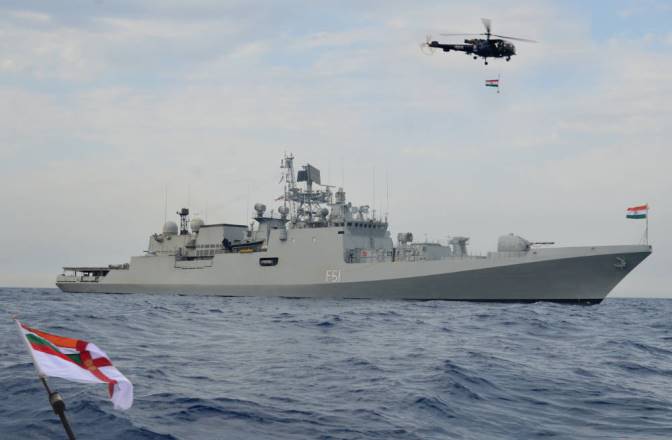Publications
Cyber, Intelligence, and Security, Volume 1, No. 1, June 2017

Prime Minister Narendra Modi of India recently compared his country’s cross-border response against terrorists in Pakistan— following the attack in Uri in Indian-administered Kashmir—to Israel’s pre-emptive and retaliatory raids across its borders. This has given rise to serious debate about whether it is desirable for India to adopt Israeli military strategy. A country’s history, political culture, and dominant discourse of national security greatly influence policymakers and their communities. With that in mind, in this article, it is argued that the fundamental differences in strategic orientation, diplomatic posture, and military tactics in India and Israel explain their different approaches and priorities in responding to terrorism. Due to the different circumstances in which the Israeli and Indian militaries operate, co-opting Israeli counterterrorism strategies would be very challenging for India.


